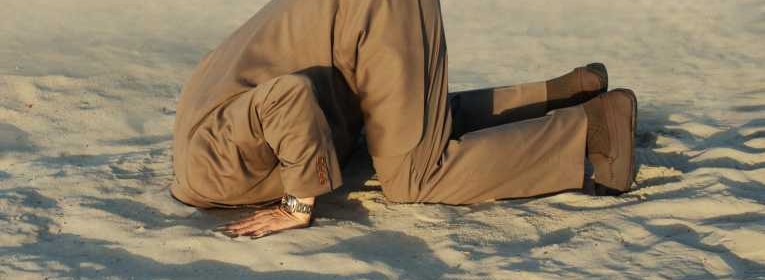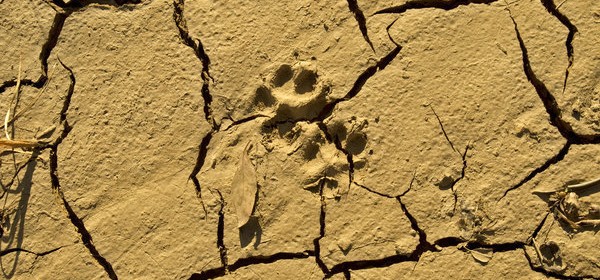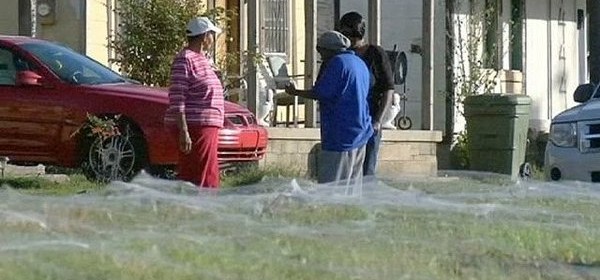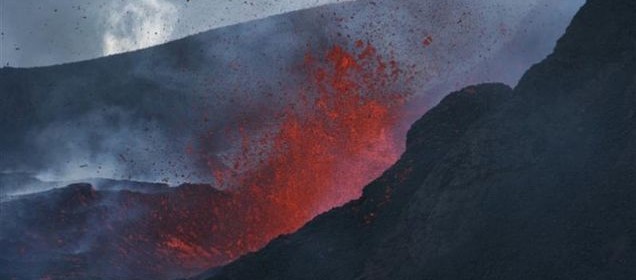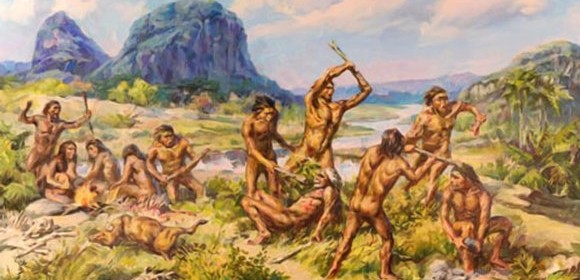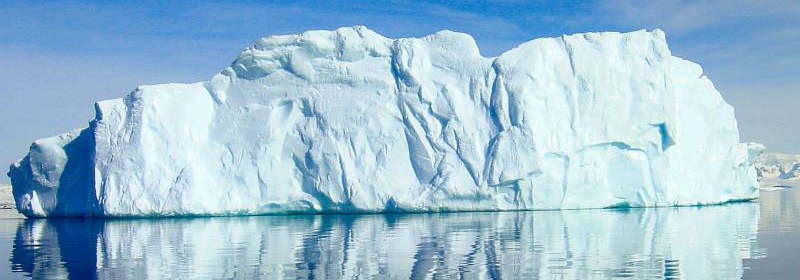Inequality: Why the poor are getting poorer

Why is America a nation of growing inequality? The yawning economic and cultural gap between the well-to-do and the working class—now wider than at almost any point in our history—has academics and pundits searching for explanations. Now, a new Harvard study provides an illuminating—and “horrifying”—insight into what’s going on. The affluent and the working classes, the study found, are raising […]
Read more



